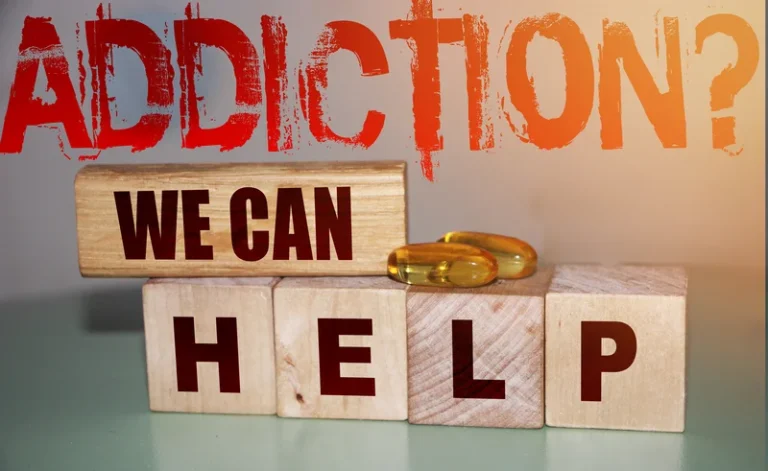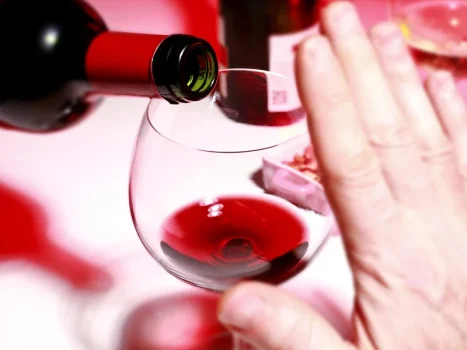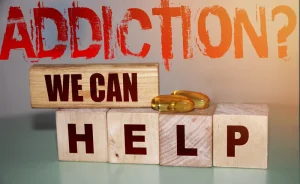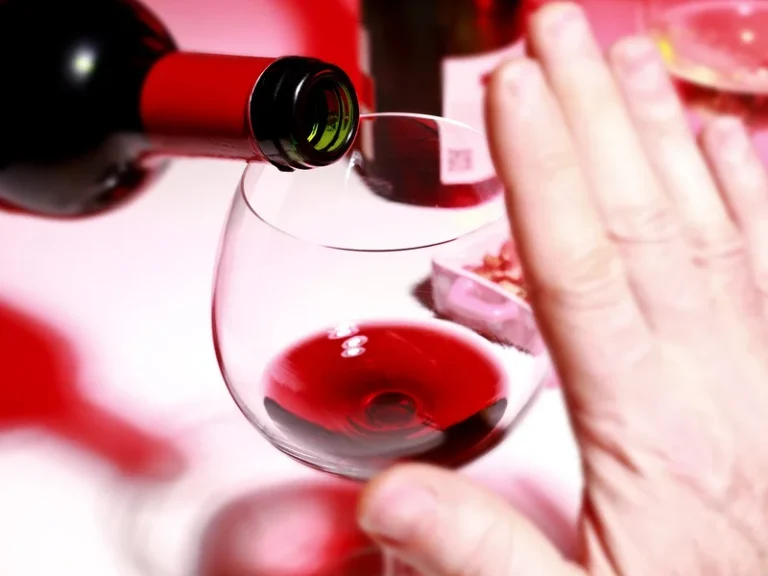
If you’ll be switching to nonalcoholic drinks during a social activity, plan out options that sound appealing to you. While many people fear cutting back can decimate their social lives, Bazilian says mindful drinking could actually enhance your social life. Mindful drinking was popularized by CLUB SÖDA, an alcohol-free social club that brings together people interested in intentionally cutting back on their alcohol consumption. People commonly think of 12-step programs or 28-day inpatient rehabilitation as the only options for treating alcohol problems.
- You might have made the decision to order sparkling water — and feel great about it.
- Mindful drinking isn’t about what you’re losing; it’s about all that you stand to gain.
- The silly games were one thing, but alcohol would be the abettor of my worst instincts, enabling me to scorch my life before bedfall.
- The level of care you need often depends on the severity of your condition.
What Is Mindful Drinking? How It Can Help Your Mental Health
While it may feel like coffee is bringing you back to life in many ways, you shouldn’t depend on it to get alcohol out of your system. In truth, coffee has no real effect on your blood alcohol level, which is the major factor in determining your level of intoxication. There’s also a lot of myths around the different types of alcohol and how they affect you.And while drinking a casual beer with friends may feel less intense than a spirited cocktail, they’re more similar than you might think. Professional treatment for an alcohol use disorder can involve outpatient therapy, residential treatment, or inpatient hospitalization. The level of care you need often depends on the severity of your condition. Quitting early not only improves your chances of success—it can also reduce the need for higher levels of care.
- Seth J. Gillihan, Ph.D., is a licensed psychologist and author specializing in mindful cognitive behavioral therapy (CBT).
- On average, members see a 30% reduction in alcohol consumption in 3 months, leading to improved sleep, diet, and overall wellbeing.
- Please note the date of last review or update on all articles.
Social Support to Help Stop Drinking
- The National Institute on Alcohol Abuse and Alcoholism (NIAAA) has a self-screening questionnaire to help you identify a potential alcohol use disorder.
- She recommends starting with curiosity about your experience.
- But in-depth reporting is costly, so to continue this vital work, we have an ambitious goal to add 5,000 new members.
- Even if you don’t get in an accident, you’re making a risky decision that could potentially hurt you or an innocent person.
- “The actual process of that discovery is the work, because now you’re being mindful and intentional,” Kingsford said.
There is also “negative conditioning.” This is a similar process, except that it involves drinking alcohol to cope with negative feelings. To continue with the above example, if you’ve had a stressful day, and you drink after work, the alcohol may relieve some of that stress temporarily. This can eventually lead to thoughts about alcohol when you feel stressed. “In general, I don’t recommend the consumption of alcohol for health benefits,” she said. If you’re going to drink and be as safe as you can be, you might want to pay attention to these research based low-risk recommended guidelines. Sometimes, this is referred to as “drinking in moderation.”

What do you get when you sign up for the #100DaySoberChallenge?
Like Silverman, I didn’t feel like an alcoholic, but I had a problem. I sat down with my business partners and told them I would not be spending as much time at the bars at night. They can be hard to spot if you’re not looking, but certain warning signs signal a greater drinking problem. Here are the https://ecosoberhouse.com/ red flags to keep an eye out for—and what to do if you think you or someone you know might need help. And no matter what alcohol promises, the truth is that no one regrets having had too little to drink the night before. “I’ve never met one person who’s said, ‘Man, I wish I hadn’t stopped drinking,'” said McKowen.

Consider Medications to Help You Quit Drinking

It doesn’t sound fun, but answering these detailed questions about how drinking is affecting your life can help you realize you might need to make some changes. These individuals tend to drink more, socialize with people who drink a lot, and develop a tolerance to alcohol (i.e., it takes more and more alcohol to feel or act intoxicated). As a result, they have an increased risk for developing alcohol use disorder (AUD). Someone who misuses alcohol, especially over the long-term, can experience permanent liver, heart, or brain damage.
Thinking about a change?
Seth J. Gillihan, Ph.D., is a licensed psychologist and author specializing how to survive summer parties and boozy bbqs in mindful cognitive behavioral therapy (CBT). Honesty is crucial, so start by telling the truth to yourself. “It’s uncomfortable but expansive. Lying is comfortable but confining. And you know the difference when you feel it. And that’s because the truth is in alignment with love and the essence of who you are.” I invite you to a mini-writing exercise to help you get back in touch with your purpose.

Finding Support
- Avoid the temptation to order alcohol out of habit or social norms by ordering your nonalcoholic drink first.
- In order to quit drinking, you may need proper medical support to detox safely.
- A support group specifically focused on alcohol recovery can provide valuable encouragement and information that can aid you on your road to being free from alcohol.
- Having a friend, family member, or even a colleague confront you about your drinking is one of the first major signs of alcohol misuse.
- Like Silverman, I didn’t feel like an alcoholic, but I had a problem.
A cultural counter movement to excessive drinking is here. In the United States, a “standard drink” (also known as an alcoholic drink equivalent) is defined as any beverage containing 0.6 fluid ounces or 14 grams of pure alcohol. On top of learning to observe your thoughts, there are also ways to change and reduce your thoughts about alcohol. One of the most important first steps in overcoming thoughts about alcohol is learning to separate yourself from them. This is often known as “mindfulness.” Mindfulness practice comes in many forms, but what each of them have in common is that they train you to observe your thoughts without fully engaging with them or believing them. That’s not to say that most beer will have a healthful effect on the diet, Pohl said.
For the same reasons why you shouldn’t mix alcohol with caffeine, this energy-drink combo can also cause masked intoxication — which can lead to consumption of more alcohol than your body can handle. It can also cause increased dehydration, sleep disruption and even heart issues. You may think that mixing an energy drink with your cocktail will help combat alcohol’s drowsiness effects. Repeated alcohol use seriously disturbs sleep and makes it difficult to re-establish a normal sleep pattern. Often, this leads to more drinking or to sedative abuse in the quest for sleep.














